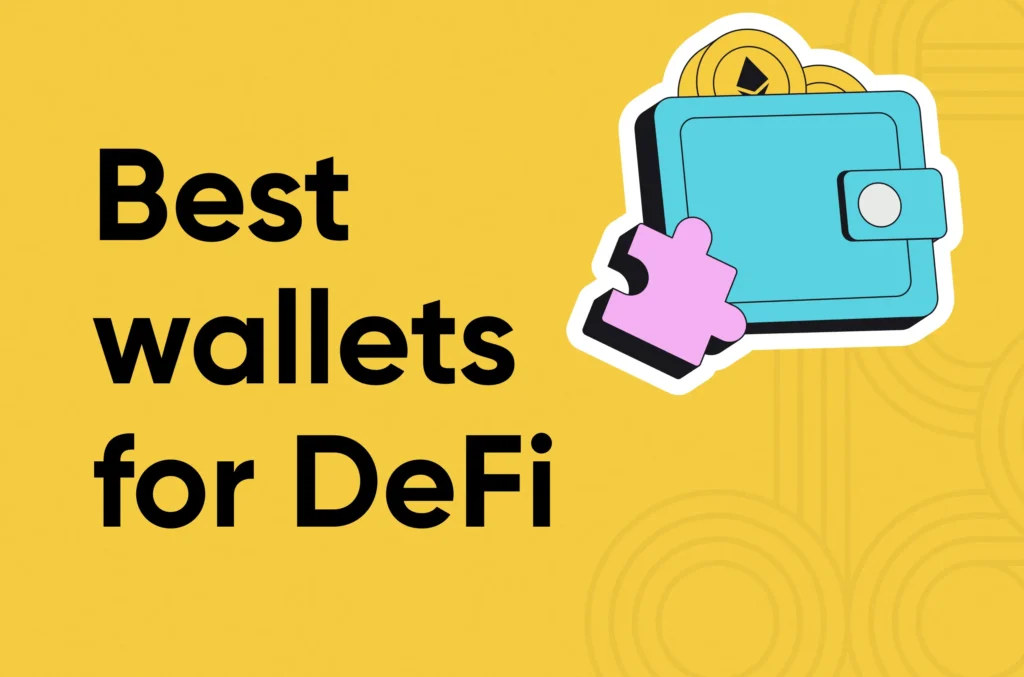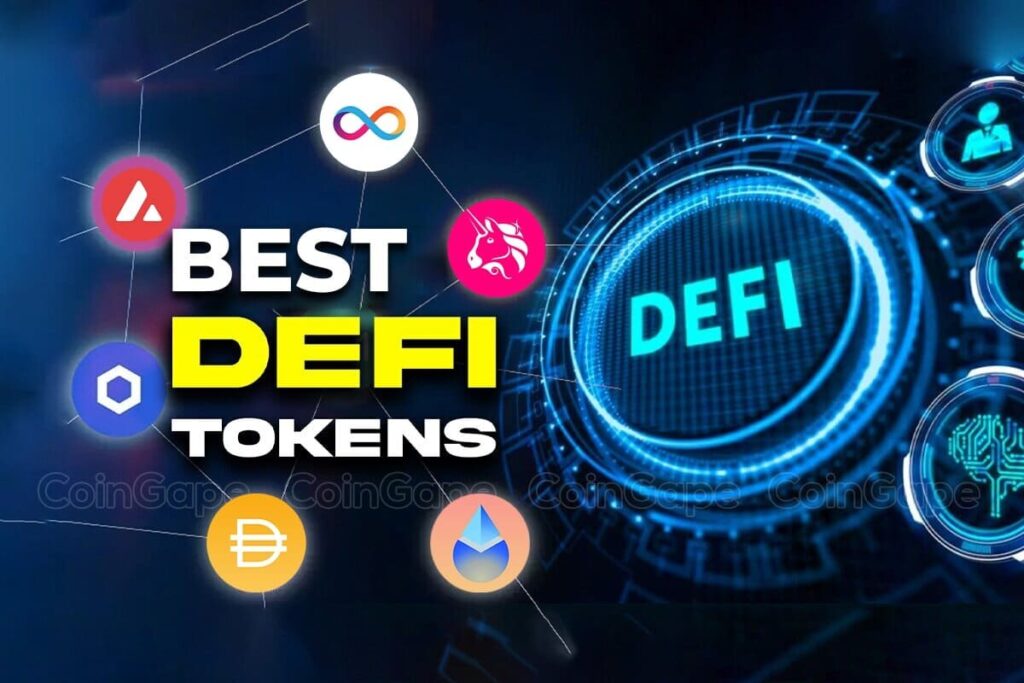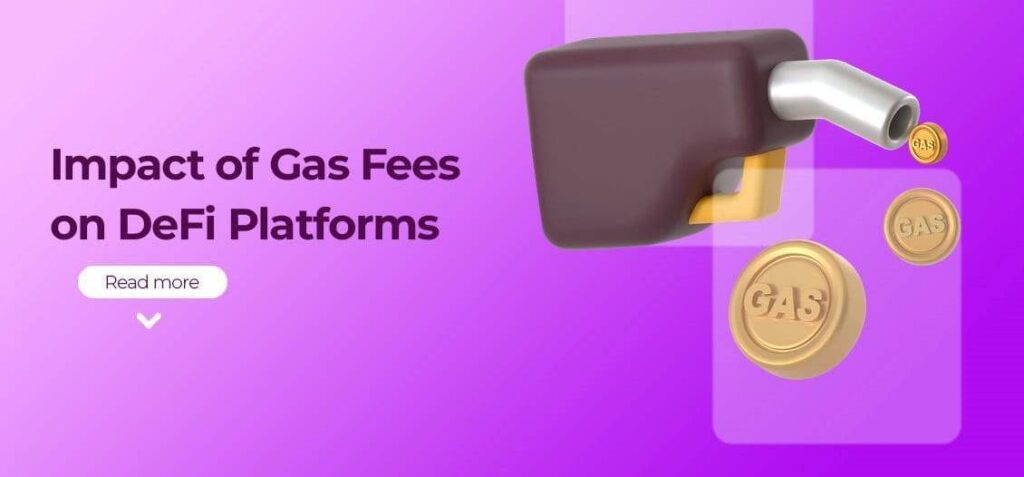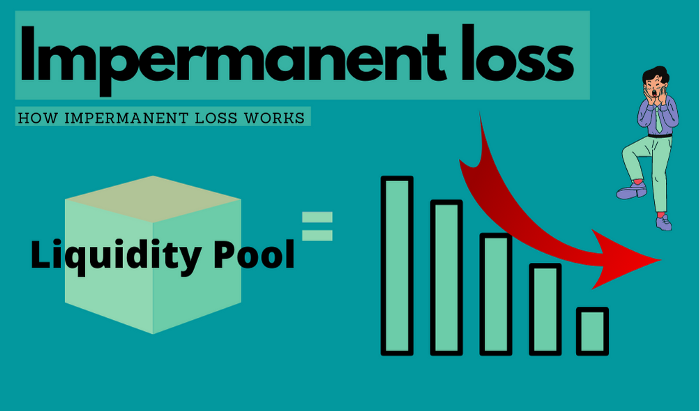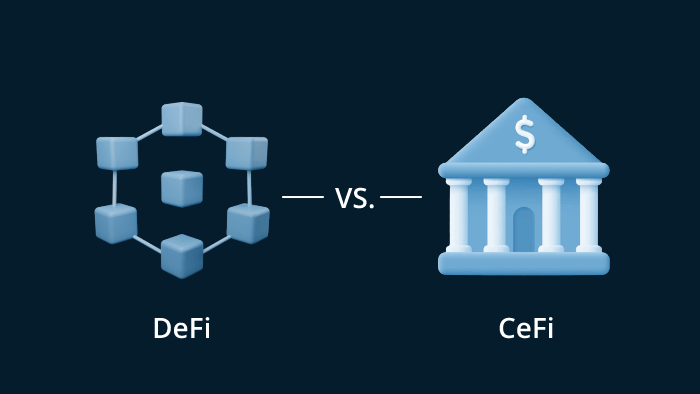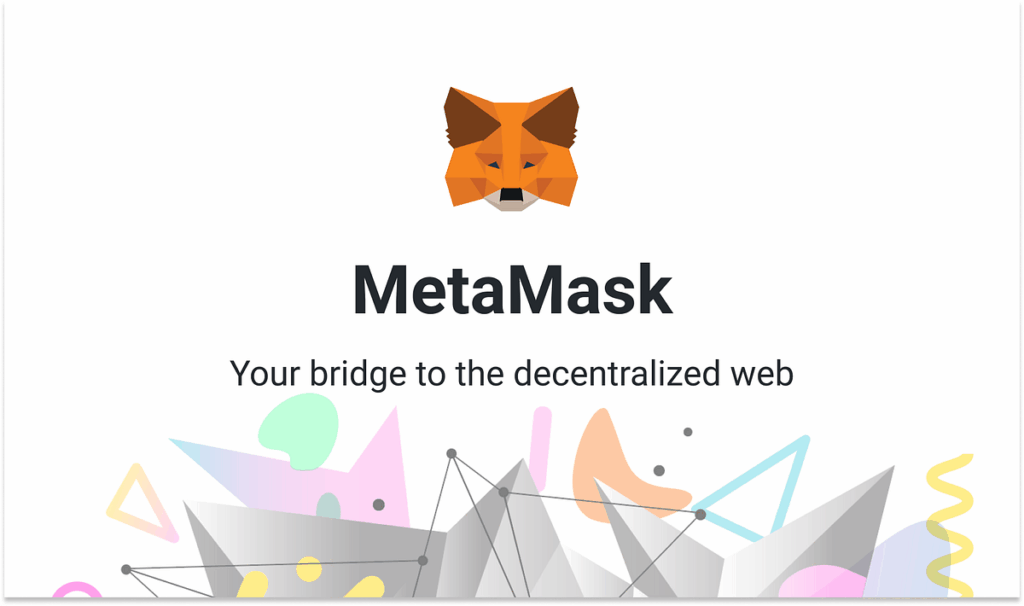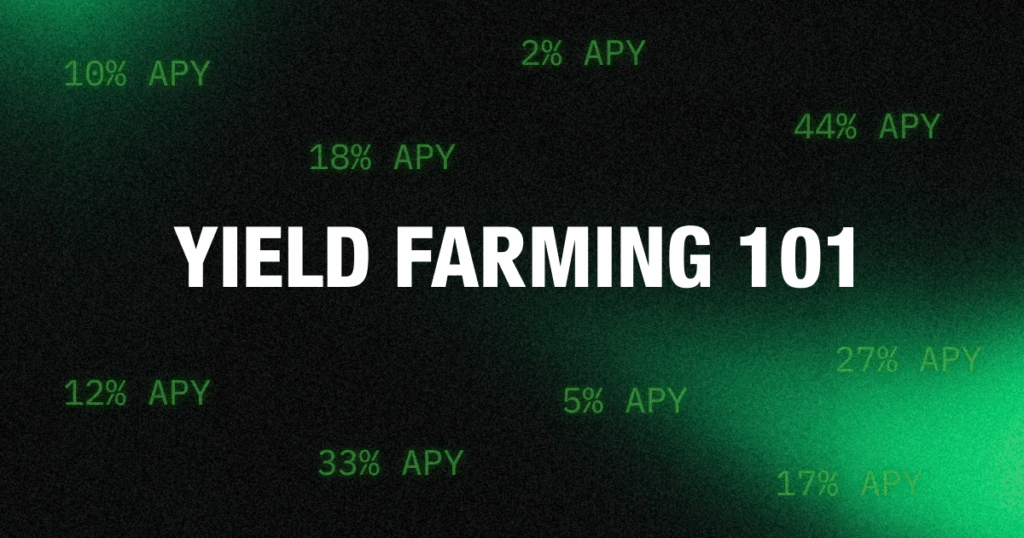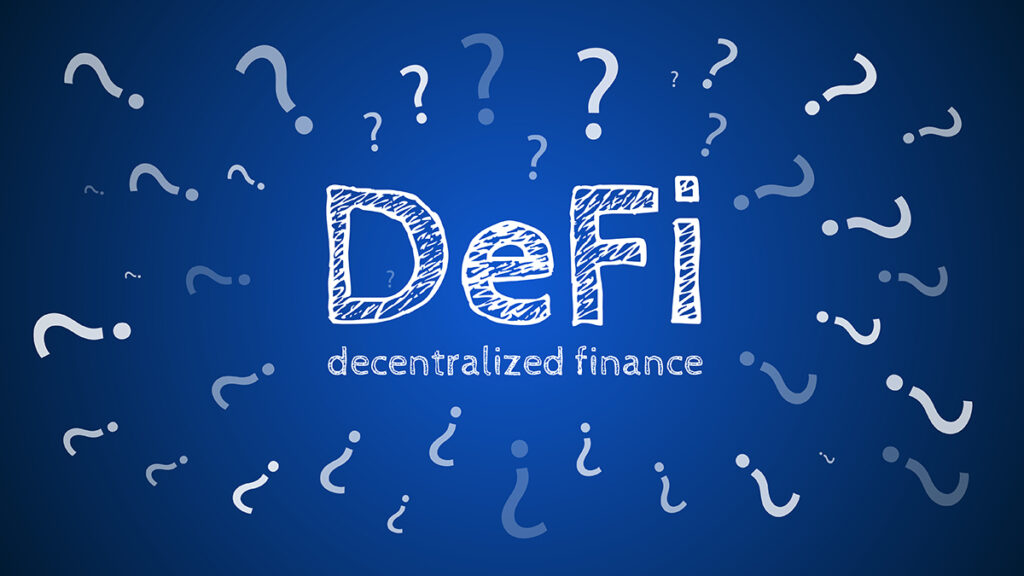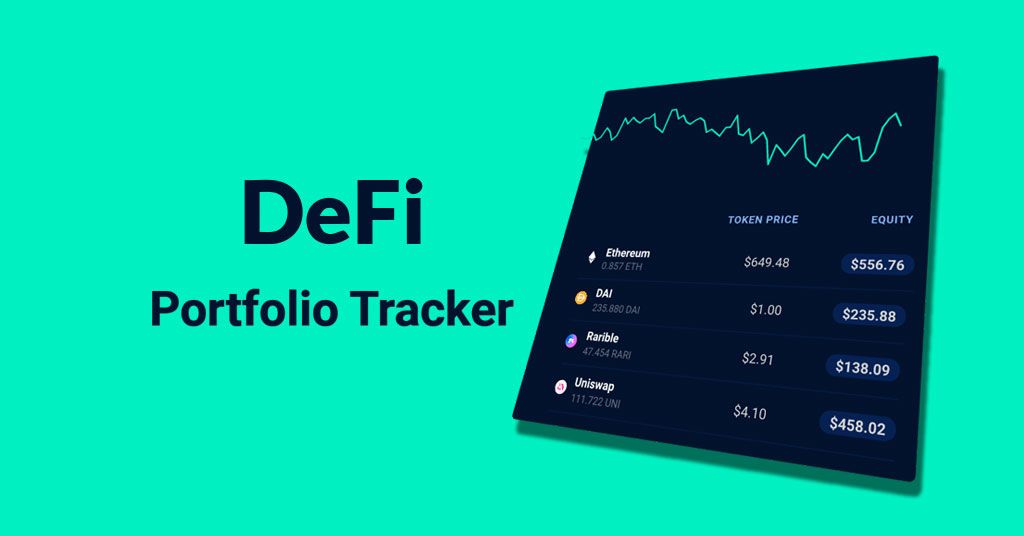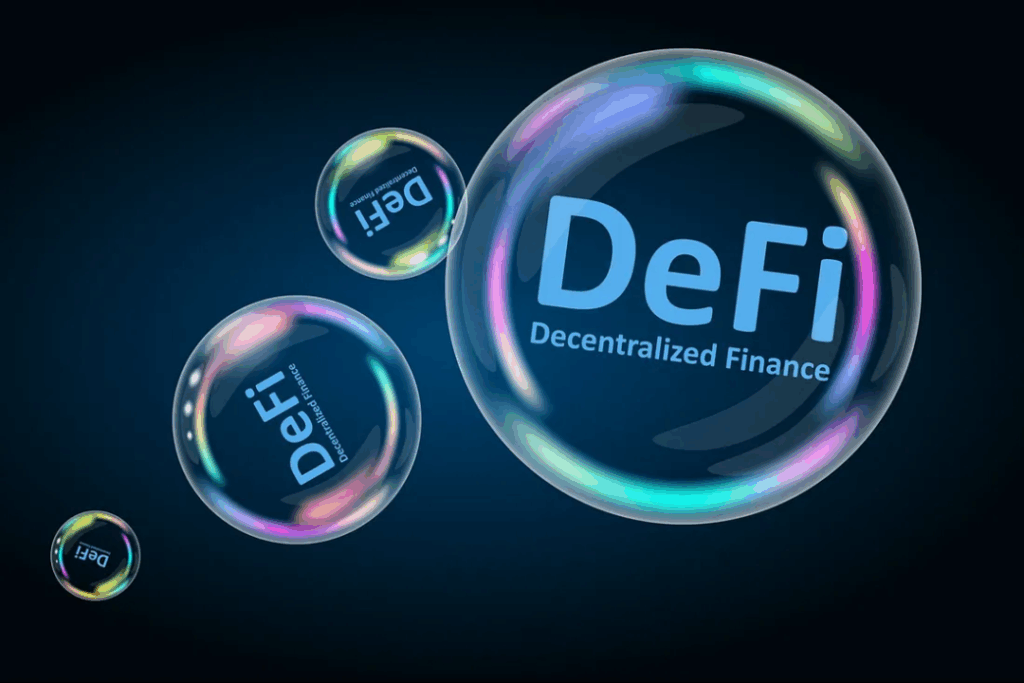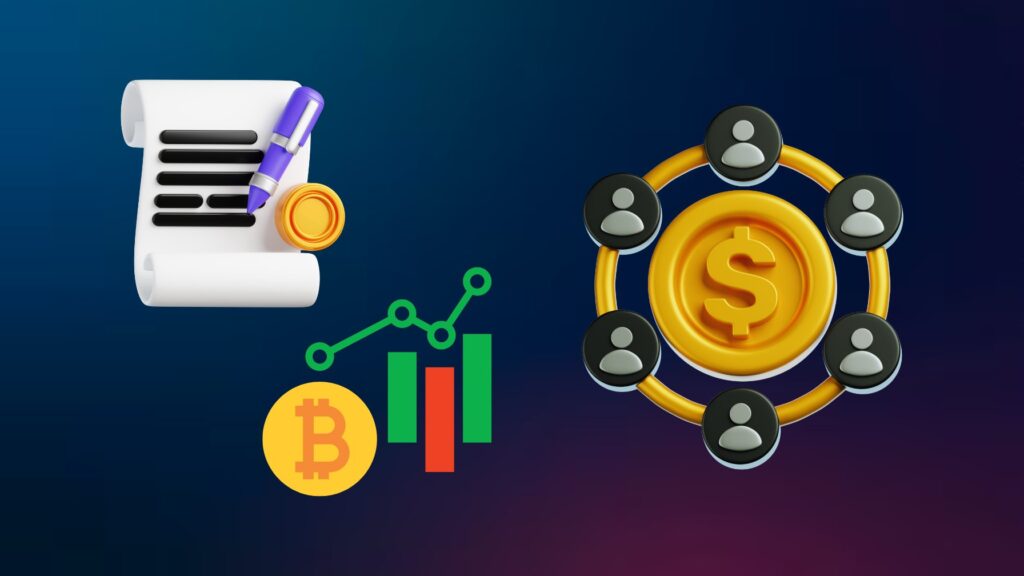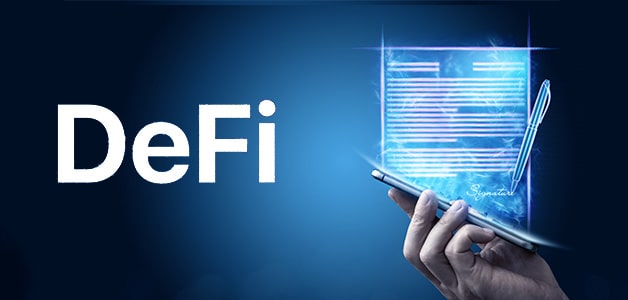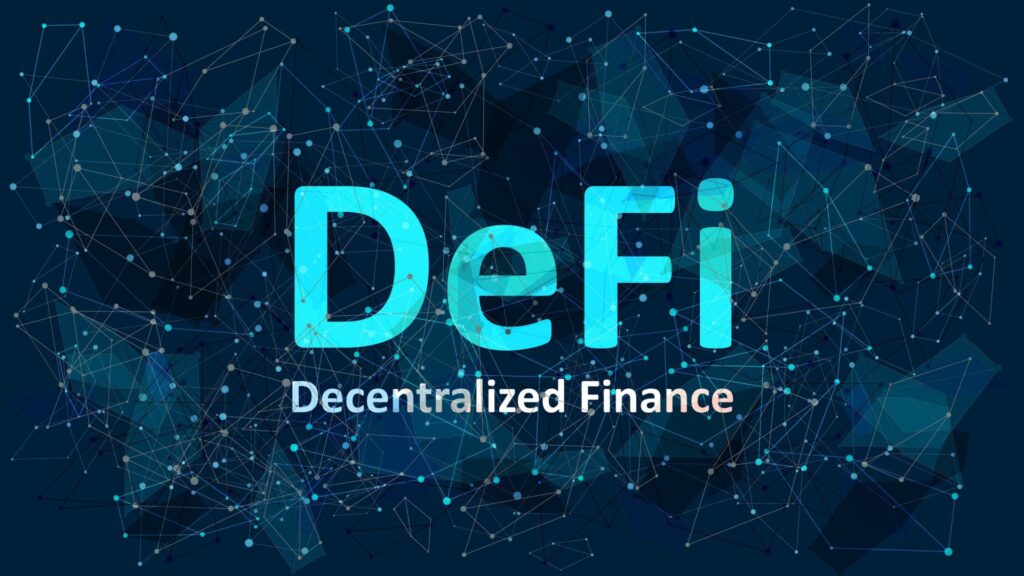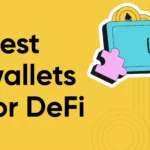Best Wallets to Use with DeFi Platforms
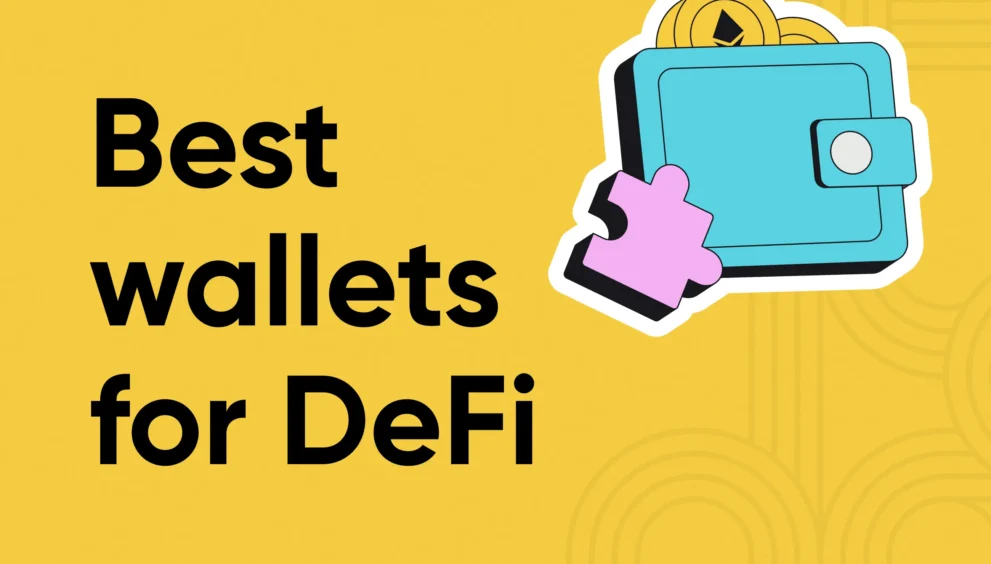
Diving into Decentralized Finance (DeFi) can feel a bit like stepping into a wild jungle. There’s opportunity everywhere, but also risk at every turn. And before you even start earning yield or swapping tokens, there’s one decision that sets the foundation for everything else: which wallet to use.
See, your crypto wallet isn’t just where you ‘keep’ your tokens. It’s your identity in the DeFi world. It’s how you connect to platforms, stake assets, lend coins, or buy that new token your friend swears will ‘moon’. So yeah – it’s kind of a big deal.
Let’s walk through some of the best wallets you can use with DeFi platforms right now, and what makes each one stand out. I’ll also sprinkle in a few lessons from personal experience (and mistakes… because we’ve all made them).
What Makes a Wallet Good for DeFi?
Here’s the deal. Not all wallets are built equal. Some are built for speed and daily use; others are all about long-term storage and safety. When you’re choosing one for DeFi, a few things matter more than others.
- You control your private keys.
If a wallet doesn’t give you full control of your private keys or recovery phrase, skip it. In DeFi, ‘not your keys, not your coins’ isn’t just a catchy phrase – it’s survival 101. - Smooth dApp integration.
You’ll be connecting to all sorts of decentralized apps – swapping, staking, lending. A good wallet should connect instantly without a dozen pop-ups or failed transactions. - Multi-chain support.
Ethereum used to be the center of the DeFi universe, but not anymore. You’ve got Arbitrum, Polygon, Avalanche, BSC, Solana, and plenty more. The more networks your wallet supports, the less friction you’ll have later. - Always.
DeFi’s great, but scams are real. Look for wallets that have phishing alerts, transaction previews, and hardware support. - User-friendliness.
Even if you’re a pro, you don’t want to fumble around with clunky interfaces. The best wallets are easy to navigate without feeling ‘too simple’.
If you’re going to be deep in yield farms or bridging between chains every other day, go for flexibility and advanced tools. But if you’re just dipping your toes into DeFi, prioritize simplicity and safety.
1. MetaMask
Let’s start with the OG. MetaMask is like the Swiss Army knife of DeFi wallets. It’s been around forever (in crypto years, that’s saying something), and it works with almost every DeFi platform out there.
It supports Ethereum and most EVM-compatible chains like Polygon, Arbitrum, and BNB Chain. You can use it as a browser extension or a mobile app, and connecting it to DeFi protocols is basically a one-click job.
Why people love it:
- Works with nearly every DeFi platform.
- You keep your own keys.
- Easy to add new networks and tokens.
But watch out for:
- Phishing links – there are tons of fake MetaMask sites.
- Network gas fees (MetaMask can’t fix that).
- A learning curve if you’re brand-new to crypto.
Still, MetaMask is the go-to wallet for most DeFi users for a reason. It’s reliable, versatile, and battle-tested.
2. Rabby Wallet
If MetaMask is the old guard, Rabby is the sharp new contender. It’s designed specifically for DeFi users – multi-chain, smart, and surprisingly user-friendly.
Here’s what makes Rabby stand out: it automatically detects which blockchain a dApp is running on and switches networks for you. No more manual toggling between Ethereum and Arbitrum. That alone saves so much hassle.
It also shows clear transaction previews (you can actually see what’s going to happen before signing), which makes it much safer to use.
Why you might love it:
- Smooth cross-chain experience.
- Great transaction transparency.
- DeFi-focused design.
Small downsides:
- Not as widely recognized yet.
- Slightly smaller support community compared to MetaMask.
Still, if you’re someone who spends hours exploring different protocols, Rabby might feel like a breath of fresh air.
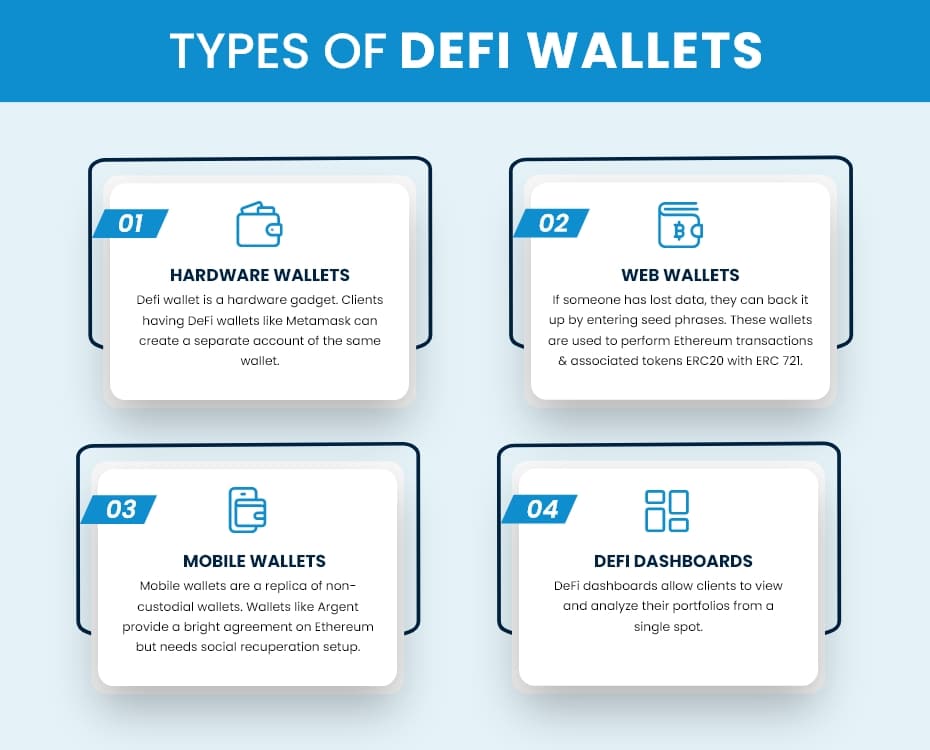
3. Ledger (Hardware Wallet)
Let’s talk about hardware wallets – specifically, Ledger.
This one’s a bit different because it’s not an app or browser extension by itself (though it can connect to them). A Ledger wallet is a small physical device that stores your private keys offline. That’s right – no hacker, no malware, no random click can drain your funds.
When you connect your Ledger to MetaMask or another interface, you can still use DeFi, but every transaction needs to be approved physically on your device. It’s a bit slower, but incredibly secure.
Why you’ll sleep better with it:
- Private keys stay offline.
- Works with MetaMask and WalletConnect.
- Great for long-term storage.
The catch:
- Costs money (unlike free software wallets).
- Slightly less convenient for quick DeFi moves.
- You must back up your recovery phrase properly.
If you’ve got serious funds in crypto, don’t think twice. Combine a hardware wallet like Ledger with a DeFi interface for the perfect mix of safety and flexibility.
4. Zengo
Now, if you’re the kind of person who panics at the idea of losing a seed phrase, Zengo might be your best friend.
It uses something called MPC (multi-party computation), which basically means it splits your security keys into multiple encrypted pieces stored in different places. So there’s no single phrase you can lose or leak.
It’s beginner-friendly, super intuitive, and surprisingly secure. It even has biometric recovery (yes, you can use your face to unlock your wallet).
Why it’s great:
- No seed phrase to manage.
- Clean interface – perfect for beginners.
- Strong recovery options and security.
Why it’s not perfect:
- Not fully open-source.
- Slightly limited support for some smaller chains.
But honestly? For newcomers or those who prioritize simplicity over complexity, Zengo is one of the best wallets to get started in DeFi safely.
In Summary
Choosing the right wallet for DeFi isn’t just about brand names—it’s about matching your behavior and comfort level.
If you’re someone who loves trying new DeFi apps every week, go with MetaMask or Rabby. They’ll keep you flexible.
If you’re a cautious investor who values peace of mind, add Ledger to your setup.
If you’re brand new or hate dealing with seed phrases, Zengo could be your on-ramp.
Here’s something to remember: DeFi gives you freedom, but also responsibility. Once you hit “confirm,” there’s no customer service button, no “forgot password” link, no undo. You’re your own bank now.
So take your time, explore a few wallets, and find one that feels intuitive to you. Because at the end of the day, the best wallet isn’t the one with the most features—it’s the one that makes you feel confident every time you use it.
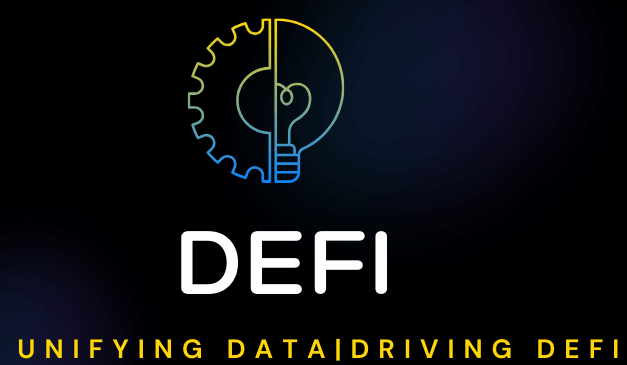

 English
English 